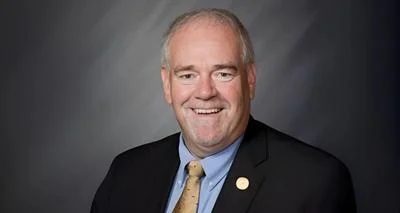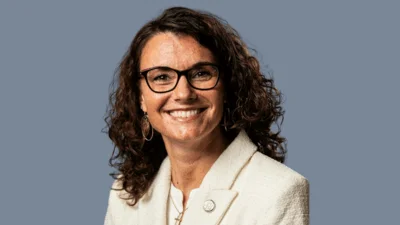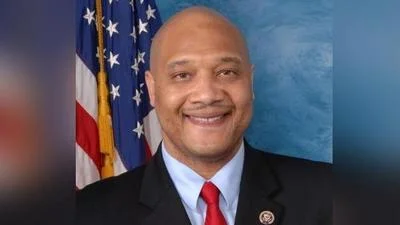Dr. Aleesia Johnson, Superintendent | Indianapolis Public Schools
Dr. Aleesia Johnson, Superintendent | Indianapolis Public Schools
At William McKinley School 39, part of Indianapolis Public Schools (IPS), students are participating in a unique STEM learning initiative involving the care of chickens and ducks. The program, led by Principal Deana Perry, allows fifth-grade students known as “The Chicken Tenders” to take responsibility for feeding, watering, collecting eggs, and ensuring the flock’s safety.
“Being a Tender is a highly sought-after appointment, and younger students aspire to one day be a Chicken Tender,” Perry said. “I have a first grader who tells me at least once a week that he cannot wait to be an official Chicken Tender.”
The project began eight years ago after Perry obtained funding through the Mayor’s Thriving Schools grant. The initial setup included a coop and three chickens. Over time, the flock has expanded to more than 20 birds under student care.
Students learn about science and sustainability through this hands-on experience. They also develop skills such as responsibility, empathy, and teamwork. For example, when one chick named Peanut was born with a deformed foot, students created a splint from a yogurt lid in an attempt to help her.
“The students were very concerned about Peanut when she was a chick and even made a splint out of a yogurt lid,” Perry said. “When they realized it wouldn’t improve her foot, they accepted her fate but continued to pay close attention to her.”
The program also receives support from families and neighbors who assist by alerting staff if any birds escape or by checking on the flock regularly.
Perry described William McKinley School 39 as “a leading STEM school because it provides a lively, active, and collaborative learning environment with a research-based, hands-on curriculum that emphasizes real-world applications.” She added that features like an outdoor learning lab with gardens and beehives along with activities such as Robotics Club encourage student engagement with science topics.
“This experience gives our kids real-world lessons in science and life,” Perry said. “They care for living creatures, solve problems, and see how their work matters.”






 Alerts Sign-up
Alerts Sign-up